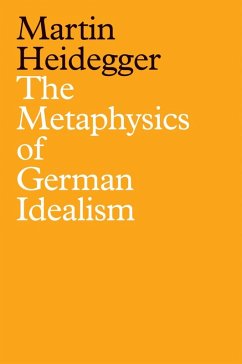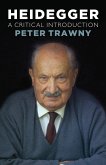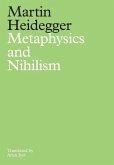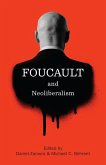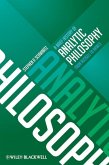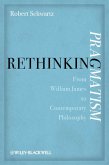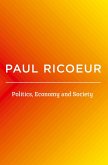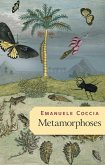This volume comprises the lecture course that Heidegger gave in 1941 on the metaphysics of German Idealism. The first part of the lecture course contains a preliminary consideration of the distinction between ground and existence. The elucidation of the conceptual history includes a striking confrontation with Kierkegaard's and Jaspers' concepts of existence, as well as an elucidation of the concept of existence in Being and Time, which Heidegger distinguishes from the former concepts. Heidegger's self-interpretation is not an end in itself, however, but rather a way of pointing to Schelling's distinction between ground and existence, whose root and inner necessity and whose various versions Heidegger discusses subsequently.
The second part of the lecture course is focused on Schelling's "freedom treatise," which Heidegger regards as the pinnacle of the metaphysics of German Idealism. Heidegger's consideration of Schelling's distinction between ground and existence finds its guiding thread in the introduction of the realms of being - eternal or finite, each being is a joining of the ground of existence and existence itself. In a subsequent overview, Heidegger discusses the relation of the distinction between ground and existence to the essence of human freedom and to the essence of the human. On the basis of this discussion, it becomes possible to grasp the connection between freedom and evil in Schelling's system.
This important work by Heidegger, published here in English for the first time, will be of great interest to students and scholars of philosophy and to anyone interested in Heidegger's work.
The second part of the lecture course is focused on Schelling's "freedom treatise," which Heidegger regards as the pinnacle of the metaphysics of German Idealism. Heidegger's consideration of Schelling's distinction between ground and existence finds its guiding thread in the introduction of the realms of being - eternal or finite, each being is a joining of the ground of existence and existence itself. In a subsequent overview, Heidegger discusses the relation of the distinction between ground and existence to the essence of human freedom and to the essence of the human. On the basis of this discussion, it becomes possible to grasp the connection between freedom and evil in Schelling's system.
This important work by Heidegger, published here in English for the first time, will be of great interest to students and scholars of philosophy and to anyone interested in Heidegger's work.
Dieser Download kann aus rechtlichen Gründen nur mit Rechnungsadresse in D ausgeliefert werden.
"Unlike the course he offered on the same subject five years earlier, Heidegger's 1941 lectures on Schelling's 'freedom treatise' demonstrate his decisive break from 'metaphysics,' including German idealism, and allow us to see more clearly the radical reorientation of his later thought. No less fascinating is the large portion of the present volume devoted to an interpretation of Kierkegaard's concept of existence and its relation to the (so-called) 'existentialism' of Being and Time. This excellent translation is a must-read for students and scholars alike."
Taylor Carman, Barnard College
"Heidegger's lecture course from 1941 not only attempts a new interpretation of Schelling's essay on the essence of human freedom, extending his 1936 treatment of that same text, but contains a wealth of material on Heidegger's ongoing reflections on the history of metaphysics and an important series of elucidations of Being and Time. This careful and sensitive translation will not only be of great interest to scholars of German Idealism, but is essential reading for anyone following Heidegger's own philosophical development."
William McNeill, DePaul University
Taylor Carman, Barnard College
"Heidegger's lecture course from 1941 not only attempts a new interpretation of Schelling's essay on the essence of human freedom, extending his 1936 treatment of that same text, but contains a wealth of material on Heidegger's ongoing reflections on the history of metaphysics and an important series of elucidations of Being and Time. This careful and sensitive translation will not only be of great interest to scholars of German Idealism, but is essential reading for anyone following Heidegger's own philosophical development."
William McNeill, DePaul University

